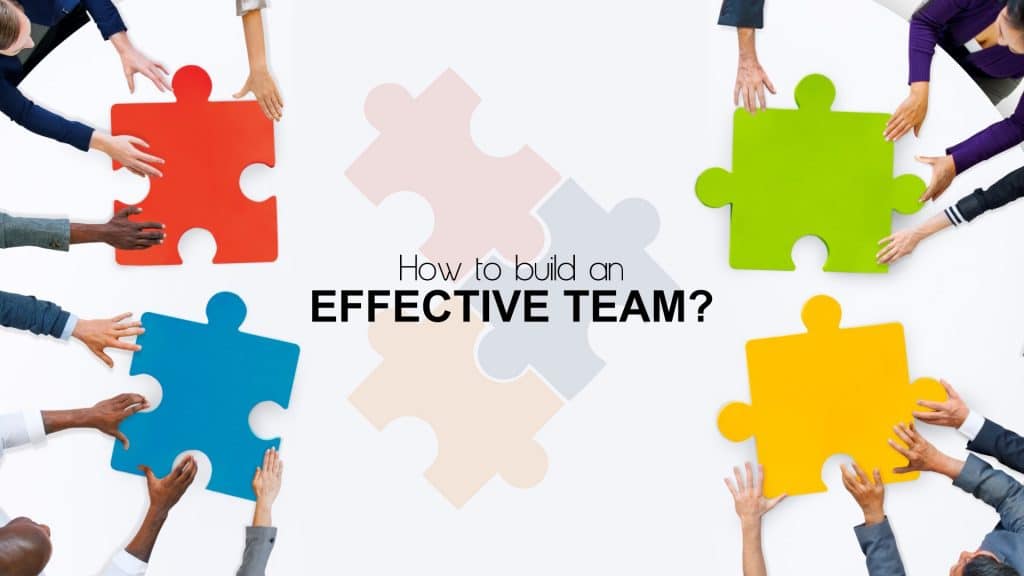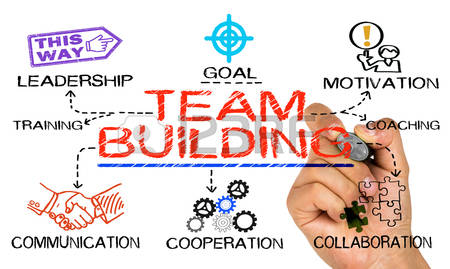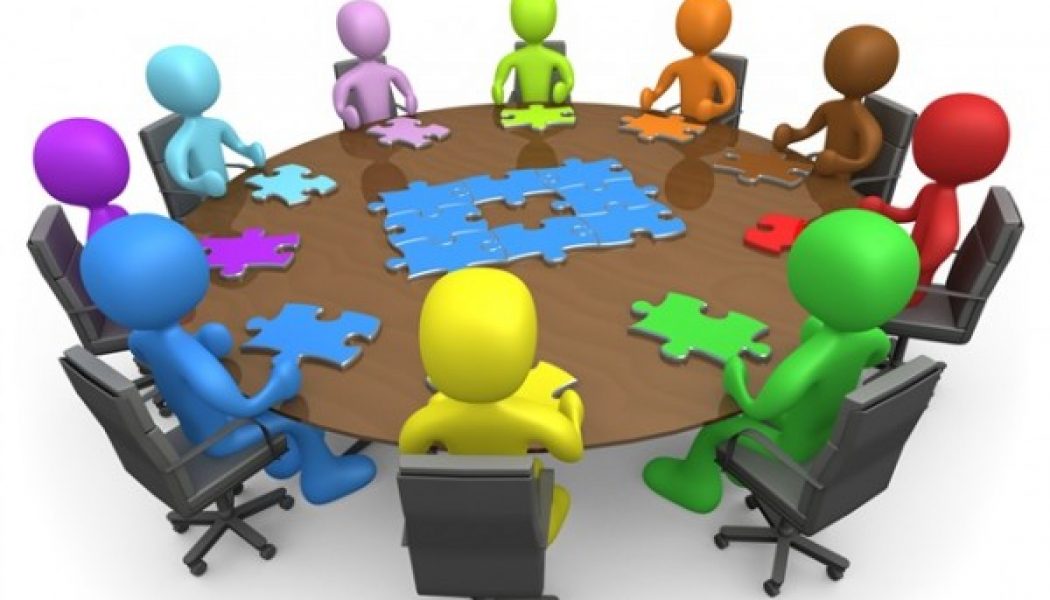The success of any project or task depends greatly on a good team. I have seen organizational goals failing or not being achieved because there was an ineffective team.
A Team Leader constantly struggles to get the work done, but in the absence of a well-collaborated team, the work often gets delayed. As a result, this raises tension with the client. A team without an inspiring vision continues to work without any clear expectations, ownership, support, or motivation.
Building an effective team is much more than just bringing together a group of talented individuals. A performing team requires the following three aspects: good Leadership, Ownership, and Relationship. Only then, one can hope to achieve organizational goals.
Jump to Section
What Is a Team?
A team is a group of persons having complementary skills that are associated to achieve a common purpose or goal.
To be an effective team, all members must unite together to fulfill an inspiring vision, and contribute with 100% commitment and hard work.
What’s the Purpose of a Team?
When we are competent to do it ourselves then, why do we need to form a team?
The team is required to achieve a common goal by achieving specific functional tasks. A team not only helps in improving better customer service but also helps in resolving problems, taking fair decisions, fine-tuning the processes, and fill the knowledge gaps.
Benefits of a Team Work
-
Quick Solution
A team helps to achieve more accurate, innovative, and practical solutions to problems.
-
Better Productivity
The team helps to enhance productivity and nurture an individual’s performance.
-
Distribution of Work Load
In a team, it is much easier to find solutions for complicated and difficult problems as work is shared, bringing a shared knowledge base and talent.
Also, distributed work in a team makes the workload less on individual members, hence saving on time. -
Different & New Ideas
Team members bring in different and new ideas to help complete the task and solve problems faster and better.
-
Fair Decision
Teamwork helps improve an organization’s decision-making process. In a crisis, members discuss among themselves and take consensual decisions to arrive at a solution.
-
Sharing Knowledge
In a team, a group of people with different experiences and knowledge comes together. They exchange knowledge and each proposes better ways to accomplish results.
-
Motivation
It induces ownership for the organization, both collectively and individually. This makes members more responsible and interested. They appreciate the achievements and celebrate the success of each other as it is fun and motivational to work as a team.
-
Healthy competition
Teamwork establishes a healthy competitive environment. Along with helping and motivating each other, members challenge each other to perform better.
How to Build an Effective Team?
In today’s competitive world, the success of an organization is more dependent on the team than on individual efforts. An individual may be proficient in managing themself, but there is a significant challenge in developing the same qualities for success within a diverse team.
To transform a struggling team to become effective can be achieved by focusing on three key areas: Leadership, Ownership, and Relationship.

LEADERSHIP
For managing an effective team, one has to be an effective leader. A good leader is the one who leads from the front:
Contextualizing the Team Contribution
Many times, a team isn’t able to understand the importance of having a team and how this is going to help in attaining the organizational goal.
A good leader contextualizes their members in understanding their role and responsibility to attain the set goal.
Defining the Team Goal
For any team to succeed, it is important to understand the expectations of them. It becomes easier to process and meet the goal if team expectation is clear to team members.
It’s a prime role of a leader to set team expectations and make the team members clear about their roles and responsibilities.
Communicating Effectively
A leader needs to effectively communicate the information within a team. Effective communication including good listening helps the member in understanding the requirement, their contribution, and finding out better solutions. This also helps in building better processes to achieve the goal.
Inspiring & Motivating the Individuals
One of the important roles of a leader is to keep their members inspired and motivated. An individual’s good work must be praised to keep them motivated. Also, the leader should counsel their members regularly so that they feel supported.
Delegating and Problem Solving
Delegate the work as per the individual’s strength. In case any problem arises, it’s better to give a chance to other members of the team to look into and resolve it. This helps to develop their competencies and contribution within the team.
Setting the Ground Rule
Once the expectations are set, the ground rule for efficiency and success can be outlined. This includes work style and deadlines.
OWNERSHIP
Taking ownership of any task is one of the key factors in achieving the goal. Every individual in a team should take ownership and complete the work on time.
Role of a leader
A good leader is one who not only leads from the front but also acts as a good team member. They make team members realize every member’s contribution and the consequences of not taking ownership.
An Individual or Team’s contribution
Taking ownership of any work is not only the leader’s responsibility, but ownership of work must be taken by every individual and the whole team. A team that takes ownership and support their leaders always get success in achieving the goal.
RELATIONSHIP
The most important aspect of building an effective team is having good relations and trust among the team members. A healthy relationship demands respect and value from people, irrespective of different opinions, experiences, and backgrounds.
Diverse thinking and decision-making in a team serve to achieve goals and strengthen relationships.
Build Relationship in Team
As a leader, we need to empathize with individuals in a team. To match employees’ expertise and competencies to a specific task, we should meet and know what individuals like, dislike, and what motivates them.
Involve the Team in Decision Making
Try to involve your team as part of decision-making. This will not only help in taking a fair decision but also builds trust.
Resolving the Conflict
Resolving a conflict in an unbiased manner always maintains cohesion in a team.
Team Bonding
Team building activities create strong team bonding in a team. Team bonding can be developed by:
• Celebrating the achievements.
• Celebrating social events like Birthdays, Anniversaries.
• Organizing outdoor events and activities.
• Recognizing and appreciating good work.
• Sharing knowledge.
Final Words
Building an Effective Team is one of the most important responsibilities of a leader as well as an individual. It is not a one-time job – it is a perennial process within an organization.
A team helps build trust, motivation, resolve conflicts, improve productivity, improve team bonding, creates a healthy environment. It also creates a knowledge-sharing platform and, most importantly, achieves the organizational goals.
- What Products Should You Sell on Amazon? - November 18, 2020
- 10 Reasons Why You Should Start Selling on Amazon - October 22, 2020
- Comparative Study of Top 6 Web Scraping Tools - September 3, 2020





